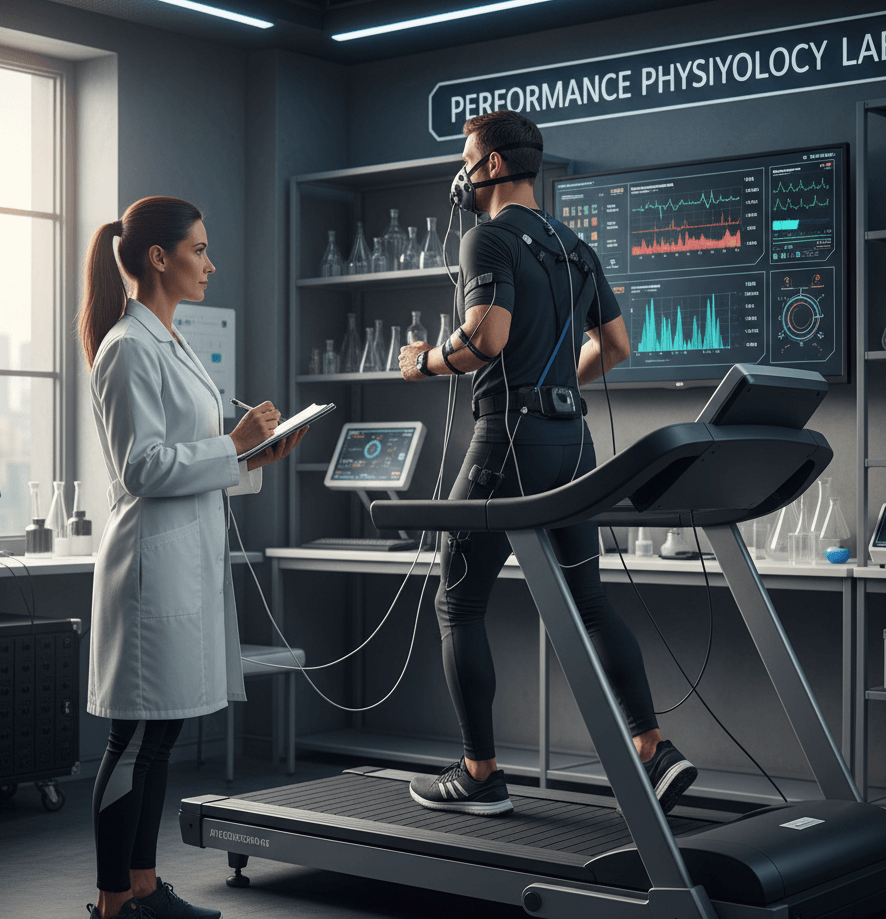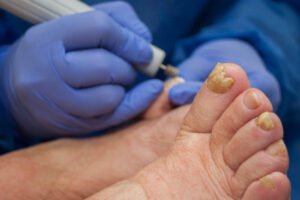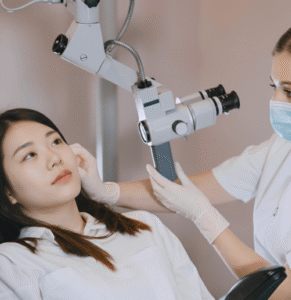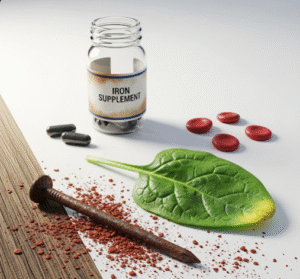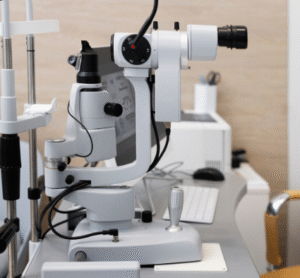Korean universities have become leaders in studying how lifestyle, exercise, and mindset influence healthy aging. Recent research highlights that maintaining physical activity, combining strength and endurance training, and fostering motivation can dramatically improve the health and vitality of older adults. The results reveal that even modest but consistent movement can slow physical decline and protect mental function as we age.
➤ Physical Activity and Frailty
One of the most comprehensive studies used data from the Korean Longitudinal Study of Aging to track older adults over several years. Researchers found that individuals who remained physically active had significantly lower chances of developing frailty than those who stayed inactive. Even participants who began exercising later in life experienced a noticeable reduction in frailty risk.
The study’s main conclusion was clear: it’s never too late to become active. Maintaining or increasing activity levels in later years can meaningfully improve strength, mobility, and overall quality of life.
➤ Resistance and Walking Programs for Better Function
A collaborative team from several Korean universities tested the effects of combining resistance training with walking exercises for older adults. Participants took part in a 12-week guided program, followed by 12 weeks of self-directed activity.
The results showed measurable gains in muscle strength, walking speed, and balance, along with modest improvements in cognitive performance. This combination of strength and aerobic training proved to be more effective than walking alone, suggesting that a diverse exercise routine is the most powerful approach to maintaining function with age.
➤ Predicting Fitness through Simple Measures
Researchers from Konkuk University developed models to predict “functional fitness” in older Koreans using simple body measurements such as age, body fat percentage, and BMI. They analyzed national fitness data collected between 2015 and 2019 and discovered that grip strength, lower-body endurance, flexibility, and balance could be accurately estimated without expensive lab tests.
This research shows that low-cost, community-based screening tools can help identify older adults at risk of physical decline early, allowing timely exercise interventions.
➤ Exercise Motivation and Successful Aging
A recent study involving older adults who regularly participate in community sports explored how beliefs and motivation influence healthy aging. Researchers found that individuals who believed in the health benefits of exercise were more likely to stay consistent and maintain healthy behaviors, which in turn led to better physical and psychological outcomes.
This chain of influence — belief leading to intention, then to behavior and results — highlights how mindset plays a crucial role in long-term health. Motivation and a sense of purpose are just as important as physical activity itself.
➤ Active Lifestyle and the Baby Boomer Generation
New research focusing on Korea’s baby boomers (aged 59–67) examined how activity levels relate to both physical and mental health. The findings showed that moderate and high physical activity were linked with lower rates of obesity, diabetes, and hypertension.
Just as importantly, higher activity levels correlated with reduced stress and depression, and better cognitive scores. This reinforces the importance of maintaining regular physical activity in midlife to ensure a healthier, more resilient aging process.

➤ Long-Term Exercise and Motivation Strategies
Another study designed a year-long group fitness program for seniors, emphasizing motivation and social support. Using principles from self-determination theory, the researchers encouraged participants to exercise in ways that built autonomy and connection.
The results were impressive — attendance rates exceeded 80%, and participants showed major improvements in aerobic endurance, leg strength, and overall life satisfaction. The program demonstrated that when exercise is made enjoyable, social, and personally meaningful, people are far more likely to stay consistent.
➤ Key Lessons from Korean Research
The collective findings from Korean universities highlight several core principles for healthy aging:
- ➤ Consistency is crucial: Staying active regularly, not occasionally, is the strongest defense against frailty.
- ➤ Combination training works best: Mixing resistance and aerobic activity leads to greater functional gains.
- ➤ Simplicity is powerful: Even basic measurements and simple exercises can predict and improve health outcomes.
- ➤ Mindset matters: Believing in the benefits of exercise and maintaining motivation are essential for long-term adherence.
- ➤ Midlife is the turning point: Increasing activity levels in your 50s or 60s still yields large benefits for both physical and mental health.
➤ The Future of Fitness and Aging Research in Korea
Korean universities continue to expand their work on healthy aging, exploring links between exercise, nutrition, mental resilience, and technology-based interventions. Researchers are developing smart fitness programs that use wearable sensors to track daily activity and predict frailty risk before it begins.
These innovations reflect a broader goal — to make healthy aging accessible, measurable, and sustainable for everyone. As life expectancy in Korea continues to rise, the country’s scientific focus on fitness and aging offers valuable lessons for the rest of the world: stay active, stay motivated, and stay connected.

